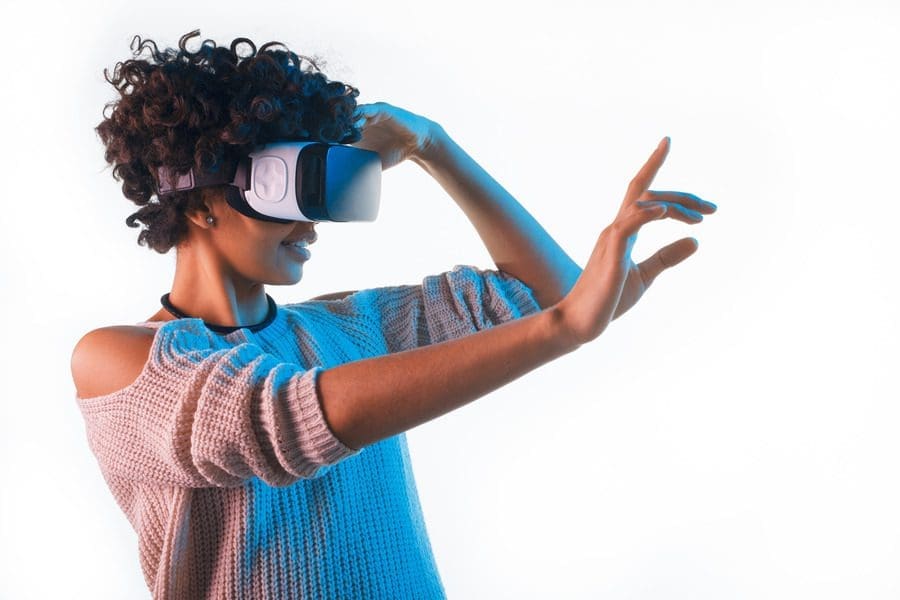Technology is constantly developing, and every so often, some breakthroughs completely disrupt the status quo. This article will examine five technologies that are doing just that!
Artificial Intelligence (AI)
Artificial intelligence, or AI, is a branch of computer science focused on creating intelligent agents capable of reasoning, learning, and acting autonomously. AI’s potential disruption across the healthcare, transportation, and manufacturing industries is immense.
AI-powered medical devices have shown remarkable promise in diagnosing diseases more precisely than human doctors, while autonomous cars using AI could dramatically decrease traffic accidents, making transportation safer and more efficient.
As it evolves, AI will increasingly impact our lives, from personalized recommendations and virtual assistants. It is poised to change how we work, communicate, and interact with technology.
Blockchain Technology
Blockchain is a distributed ledger system that facilitates secure, transparent, and tamper-proof transactions – revolutionizing industries like finance, supply chain management, and voting systems. Cryptocurrencies based on blockchain offer more secure payments without intermediaries like banks, providing enhanced supply chain transparency while improving traceability and reducing fraud.
Beyond its financial applications, blockchain technology could also revolutionize other sectors. For instance, it can enable identity management systems, enhance cybersecurity measures, and facilitate decentralized marketplaces. As it evolves, blockchain could transform how we conduct business and interact with digital assets altogether!
Quantum Computing
Quantum computing is an emerging field that applies quantum mechanics principles to make calculations. Quantum computers are significantly more powerful than traditional ones and could revolutionize industries such as cryptography, drug discovery, and materials science. With these powerful computers at their disposal, complex problems can be tackled rapidly, leading to breakthroughs across different scientific and technological domains.
VR and AR
Virtual reality (VR) and augmented reality (AR) are immersive technologies that allow users to experience simulated environments. AR augments our physical world by overlaying digital information and instructions in real time, such as directions, product details, and interactive experiences. It has significant advantages in architecture, retail, and tourism.
As VR and AR technologies advance, we can expect them to become increasingly accessible and integrated into everyday life. They could alter how we learn, entertain ourselves, and engage with the world around us.
3D Printing
Also called additive manufacturing, 3D printing allows the creation of three-dimensional objects from digital files. This technology is transforming industries like manufacturing, healthcare, and construction.
3D printing’s versatility is impressive. It can be used to craft customized medical devices, like prosthetics and implants, that meet an individual’s precise needs while improving patient outcomes and cutting production costs and time. 3D printing also enables rapid prototyping for designers and engineers, which expedites product development and innovation processes.






